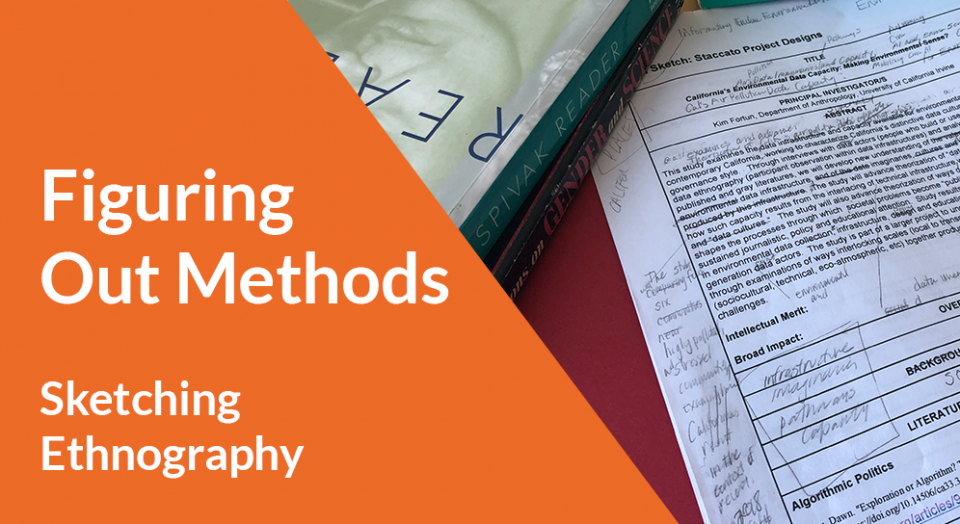
The course extends from long-running effort, experimental in tenor, to integrate new technologies and media into the work of Writing Culture. Gregory Bateson and Margaret Mead’s stunning work with photography – as both a research tool and means of conveying their analysis -- is one point of reference. The history of filmmaking in the conduct and expression of cultural analysis has also been important, generating methodological questioning and innovation, and a body of work that literally provides multiple angles on matters of concern. Newly available digital research tools, work spaces and modes of presentation offer opportunities to continue work in this vein. Digital work space for the course will be an instance of the Platform for Experimental Collaborative Ethnography hosted by the Center for Ethnography.
Kim Fortun is a Professor in the University of California Irvine’s Department of Anthropology. Her research and teaching focus on environmental risk and disaster, and on experimental ethnographic methods and research design. Her research has examined how people in different geographic and organizational contexts understand environmental problems, uneven distributions of environmental health risks, developments in the environmental health sciences, and factors that contribute to disaster vulnerability.
This course is a theoretically animated, hands-on exploration of experimental ethnography -- as an ethos, practice, and mode of expression. Lectures will set students up to move through a series of “sketches” through which they work out different ways of setting up ethnographic projects, collecting, analyzing and interpreting data, and moving from ethnography to theory and back. Students will also learn about technical tools that support ethnographic research, enabling collaboration among ethnographers and with researchers in other fields. The course will help students think about the tactics, promise and limits of ethnographic research, and about different ways ethnography can be designed and carried out.
The course will tune ethnography to “late industrialism,” drawing out increasingly intense interaction across scales (local to planetary) and systems (eco-atmospheric, technoscientific, sociocultural, political, economic, discursive and educational). These interactions produce new vulnerabilities and injustices, and call for new forms of expertise and governance. They also call for inventive, collaborative ethnography, new data practices and infrastructure, and critical engagements with the promise and politics of open science.
Students in the course are encouraged to build a sketchbook within which they can puzzle through an ethographic project, preserving documentation of the ways the project shifts and evolves. The sketchbook can be downloaded or copied here. Note that sketch templates are sometimes updated and new sketches are added.